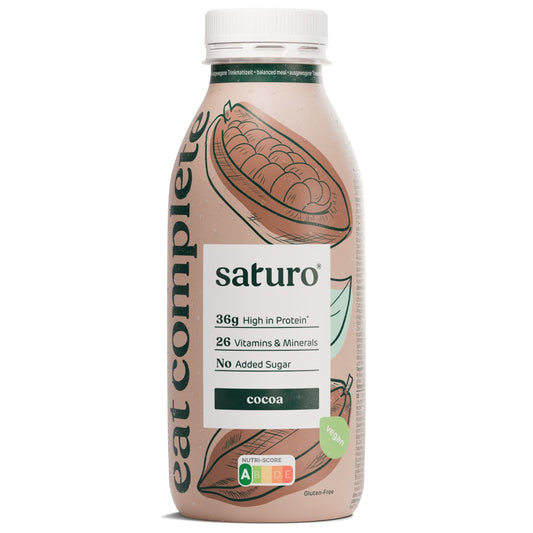Contents
1
What is vitamin K deficiency and how much vitamin K do you need every day?
2
Vitamin K deficiency symptoms
3
Causes of vitamin K deficiency
4
Vitamin K in food
Vegan vitamin K sources
Animal vitamin K sources
Drinking meals against vitamin K deficiency
Contents
1
What is vitamin K deficiency and how much vitamin K do you need every day?
2
Vitamin K deficiency symptoms
3
Causes of vitamin K deficiency
4
Vitamin K in food
Vegan vitamin K sources
Animal vitamin K sources
Drinking meals against vitamin K deficiency
Vegan vitamin K sources
| Vegan vitamin K sources | Vitamin K content per 100 g |
|---|---|
| 1. Wances chard (raw) | 830 µg |
| 2. Garden cress (raw) | 542 µg |
| 3. spinach (cooked) | 494 µg |
| 4. Kale (cooked) | 419 µg |
| 5. Chicorée (raw) | 298 µg |
| 6. Radicchio (raw) | 255 µg |
| 7. Endivia salad (raw) | 231 µg |
| 8. Spring onions (raw) | 207 µg |
| 9. Brussels sprouts (raw) | 177 µg |
| 10. Broccoli (cooked) | 141 µg |
Animal vitamin K sources
| Animal vitamin K sources | Vitamin K content per 100 g |
|---|---|
| 1. anchovies (in oil) | 12 µg |
| 2. Butter | 7 µg |
| 3. tuna (in oil) | 7 µg |
| 4 | 6 µg |
| 5. Lamb wood meat (fried) | 5 µg |
| 6. Mackerel (raw) | 5 µg |
| 7 | 4 µg |
| 8. Chicken breast (cooked) | 4 µg |
| 9. Cattle liver (fried) | 4 µg |
| 10. Duck (fried) | 4 µg |





